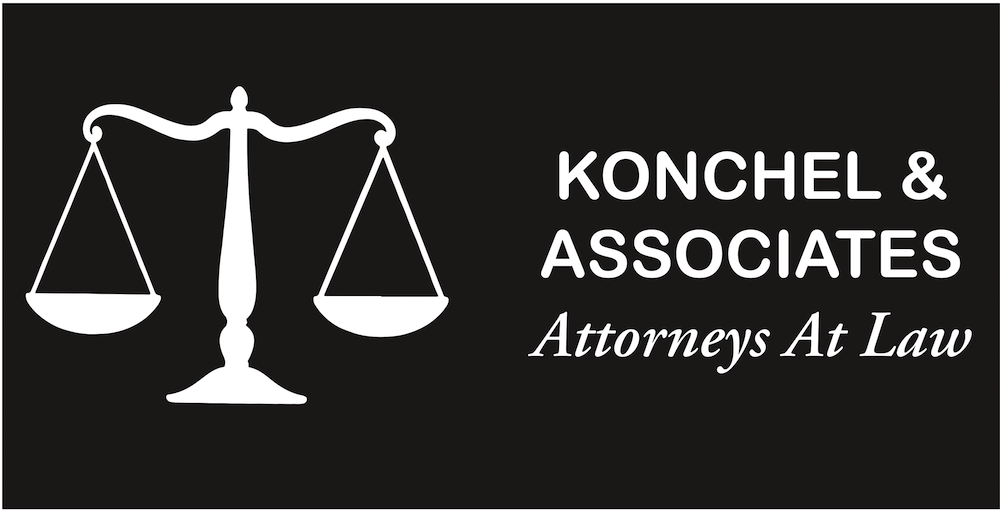Last week, we shared that the CARES Act makes it possible for you to access money in your retirement account now to keep your business afloat without taxes or penalties. If you missed it, you can go back and read that article.
In that article, I said that this could be a good time for you to take your money out of your retirement account and reinvest it on your own terms, rather than hold it in a place where it’s vulnerable to the ups and downs of the stock market. If you are considering that as an option, it might be time to consider a Self-Directed IRA (SDIRA), which gives you control over your finances rather than giving up that power to a broker, a robo-advisor or investments you don’t really understand.
An SDIRA is an IRA that allows you to invest in different assets beyond the typical stocks, bonds, and mutual funds of a traditional plan. They’re available in both the form of a traditional IRA (which allows you to make tax-deductible contributions) or Roth IRA (where the distributions are tax free).
If you move your IRA assets into an SDIRA, you will have the freedom to invest in a greater variety of assets. And depending on those investments, you may be able to get higher returns at faster rates, but most importantly you’ll be able to be deeply connected to what your IRA is invested in. It also could help you hang on to value that isn’t subject to sudden dips that you don’t understand, the way the stock market is.
It is definitely a big decision. And the most important thing you can do is get clarity on what your current investments are and what you want them to be.
Here’s how to get started.
Carefully Read Your Financial Statement
First, log in to your retirement account right now, or go through your records to find your last paper statement. It’s time to figure out what exactly is going on in there.
Many brokerages select investment funds for your portfolio based on rates of growth. For example, you may be typed for “slow-growth” or “conservative” or “income” or “high growth” investment plans based on what you indicated as your time frame for retirement when you opened the account. Based on whatever you indicated when you opened your account, your broker or robo-advisor will offer investment options based on a few tiers of growth and risk, and you probably don't know exactly what stocks you are investing in.
Labels like “slow-growth” or “conservative” aren’t enough to tell you exactly where your money is invested. However, your last statement should contain the names of the funds, and you can go from there to do your research. You can then look up the funds on sites like Yahoo Finance to see what your investments comprise.
What do you think? Do you like what you see? What would you rather not have money invested in? What’s missing that you would like to have money invested in? Note the answers to these questions and use them to inform your next move.
How to Get Into a Self-Directed IRA
If you decide to shift to a SDIRA, you still will need a custodian or trustee to hold your account assets. There are companies set up especially to work with these types of accounts. The regular brokerage firm you'd normally work with for other retirement plans probably will not.
Do some research to find a reliable firm that specializes in SDIRAs. If you need to, consult with us for recommendations. After that, the custodian can walk you through the steps to bring your current IRA over from where it’s currently managed. Then you can start diversifying your assets.
There is more freedom to an SDIRA than just the ability to choose common investments. It also lets you invest in non-traditional assets, which you wouldn’t normally be allowed to do with a traditional IRA. These could include rental property, cryptocurrency, or privately held companies.
The only hitch here is you need to make sure the type of investment is something your custodian would agree to handle, which is also dictated partially by IRS regulations. Collectibles, wine, and artwork, for example, are against the rules. You also cannot include life insurance in your SDIRA. Otherwise, you contribute and invest your way within the legal parameters.
With everything that is happening in the world—and with the stock market—knowing your options (and really understanding the investments you are making) is vital to preserving the life and legacy you are working so hard to build. If you need help figuring out how to best preserve these assets, we are ready to offer guidance.
We know that this isn’t a decision that you take lightly. We will be happy to help you evaluate whether using some or all of your retirement account now is a good choice for you, your family and your business.
We offer a complete spectrum of legal services for business owners and can help you make the wisest choices on how to deal with your business throughout life and in the event of your death. We also offer you a LIFT Your Life And Business Planning Session, which includes a review of all the legal, insurance, financial, and tax systems you need for your business. Schedule online today.
